by Tom Menzies
Despite AFC Unity’s bravery and fighting effort in their battle against Mexborough Athletic, their efforts to come back from behind were shattered in the closing minutes of the game as a looping fitness shot sealed their fate and the match finished 2-4 to the away side.
 The first half showed much to be one of a midfield battle between the two teams, as each side showed their intention to battle for the ball and get it forward in the final third of the pitch. AFC Unity were unlucky to concede an early goal in just the third minute of the match, which automatically put the home side at a disadvantage. However, despite this drawback, Unity were to dominate the core passing play in the centre of the park for the rest of the half, as the central midfielders and wing backs connected fluently to put pressure on the away side straight away. Unity’s high tempo style of football instantly proved effective, as Kotta came close with a good run down the left flank using skill to beat the Mexborough defence before shooting wide of the goal. Nevertheless, the away side bounced back from early pressure as their number 9 stormed past Unity’s central defenders to shoot at goal, but it wasn’t enough to beat Sophie Mills whose impressive save showed no signs of nerves when covering out-of-action Steph Sargent due to injury. The closing key moment of the first half involved Unity’s Shanie Donohue from a free kick, who made a fantastic run on goal before cleverly chipping the charging goalkeeper; Kotta ran towards the looping ball to nod it in for the home side, but an acrobatic clearance from a Mexborough defender ensured that the away team went into the second half with a one goal advantage.
The first half showed much to be one of a midfield battle between the two teams, as each side showed their intention to battle for the ball and get it forward in the final third of the pitch. AFC Unity were unlucky to concede an early goal in just the third minute of the match, which automatically put the home side at a disadvantage. However, despite this drawback, Unity were to dominate the core passing play in the centre of the park for the rest of the half, as the central midfielders and wing backs connected fluently to put pressure on the away side straight away. Unity’s high tempo style of football instantly proved effective, as Kotta came close with a good run down the left flank using skill to beat the Mexborough defence before shooting wide of the goal. Nevertheless, the away side bounced back from early pressure as their number 9 stormed past Unity’s central defenders to shoot at goal, but it wasn’t enough to beat Sophie Mills whose impressive save showed no signs of nerves when covering out-of-action Steph Sargent due to injury. The closing key moment of the first half involved Unity’s Shanie Donohue from a free kick, who made a fantastic run on goal before cleverly chipping the charging goalkeeper; Kotta ran towards the looping ball to nod it in for the home side, but an acrobatic clearance from a Mexborough defender ensured that the away team went into the second half with a one goal advantage.
The second half of the match up between the two teams showed more quality in the final third, as the sides went back and forth in the race to come on top before the final whistle. Mexborough Athletic came close on a couple of occasions in the early minutes of the half, when their number 7, Natasha Carlton, ran straight through the home team’s back line to run on goal and managed to beat the goalkeeper with her shot, before hitting the post and maintaining the away side’s advantage to just the one goal. It was AFC Unity who were able to strike first in the second half, as Kotta sprinted down the left with intention before cutting the ball across the goal line and the rest was finished by Spillings, putting Unity at level on their home turf and making the score 1-1. Mexborough Athletic showed no signs of forfeiting their initial efforts on goal as they reacted rapidly with Carlton persistently peppering Unity’s defence. A cross was chipped into the 18 yard box by the Mexborough full back, and headed home by Carlton; once again the away side had the advantage over Unity, as the scoreline reached 1-2. Resilience and determination fuelled the home side to push on and shake away their drawback, as Kotta put pressure on the defender from a Unity cross and forced an own goal to put the scores equal once again at 2-2. The remainder of the second half involved a good level of pressure and intensity by the home side, as the midfield battle showed players flying in to tackles and intercepting loose balls being thrown across the grass. However, it wasn’t enough to stop a third goal for Mexborough in the last quarter of the match as a scramble in the box meant that the away side were able to head away an easy goal in fortune of miscommunication amongst Unity’s defence. Despite AFC Unity’s fighting efforts against Mexborough to try and gain their side a point, in the dying minutes of the match a fantastic finish from Carlton curled over the goalkeeper to seal their fate as it meant the away side were 2-4 up when the final whistle blew. Lots of positives from each of the two sides in this match up, as signs of ambition and persistence project a bright future for each of the two teams.
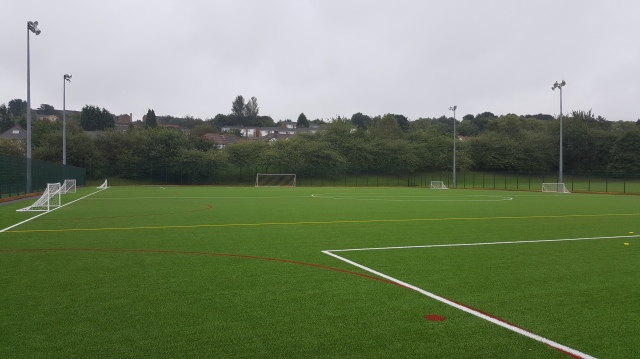 AFC Unity manager Jay Baker commented on how he thought the match had played out and how his side were possibly picked off by the opposition: ’It was a close game today, our opponents did their homework and tried to find chinks in our armour. None of this is to take anything away from Mexborough, they played well; we’ve been really unlucky and today just wasn’t our day’. The manager also spoke about the impact of injuries within the squad and how they may have affected his team. The starting line up against Mexborough was missing Jane Watkinson, as well as other crucial players to the first team line up such as Steph Sargent and Sophie Hirst, who fell ill before the game and unfortunately was unable to take part. Baker said ‘we lost a few players before the match and there were a few last minute changes that threw us off our game a bit’.
AFC Unity manager Jay Baker commented on how he thought the match had played out and how his side were possibly picked off by the opposition: ’It was a close game today, our opponents did their homework and tried to find chinks in our armour. None of this is to take anything away from Mexborough, they played well; we’ve been really unlucky and today just wasn’t our day’. The manager also spoke about the impact of injuries within the squad and how they may have affected his team. The starting line up against Mexborough was missing Jane Watkinson, as well as other crucial players to the first team line up such as Steph Sargent and Sophie Hirst, who fell ill before the game and unfortunately was unable to take part. Baker said ‘we lost a few players before the match and there were a few last minute changes that threw us off our game a bit’.
AFC Unity’s next home game is on February 5th, where they hope to shake off this minor set back and kick on with the rest of their season by playing the excellent football that they have showed here today.
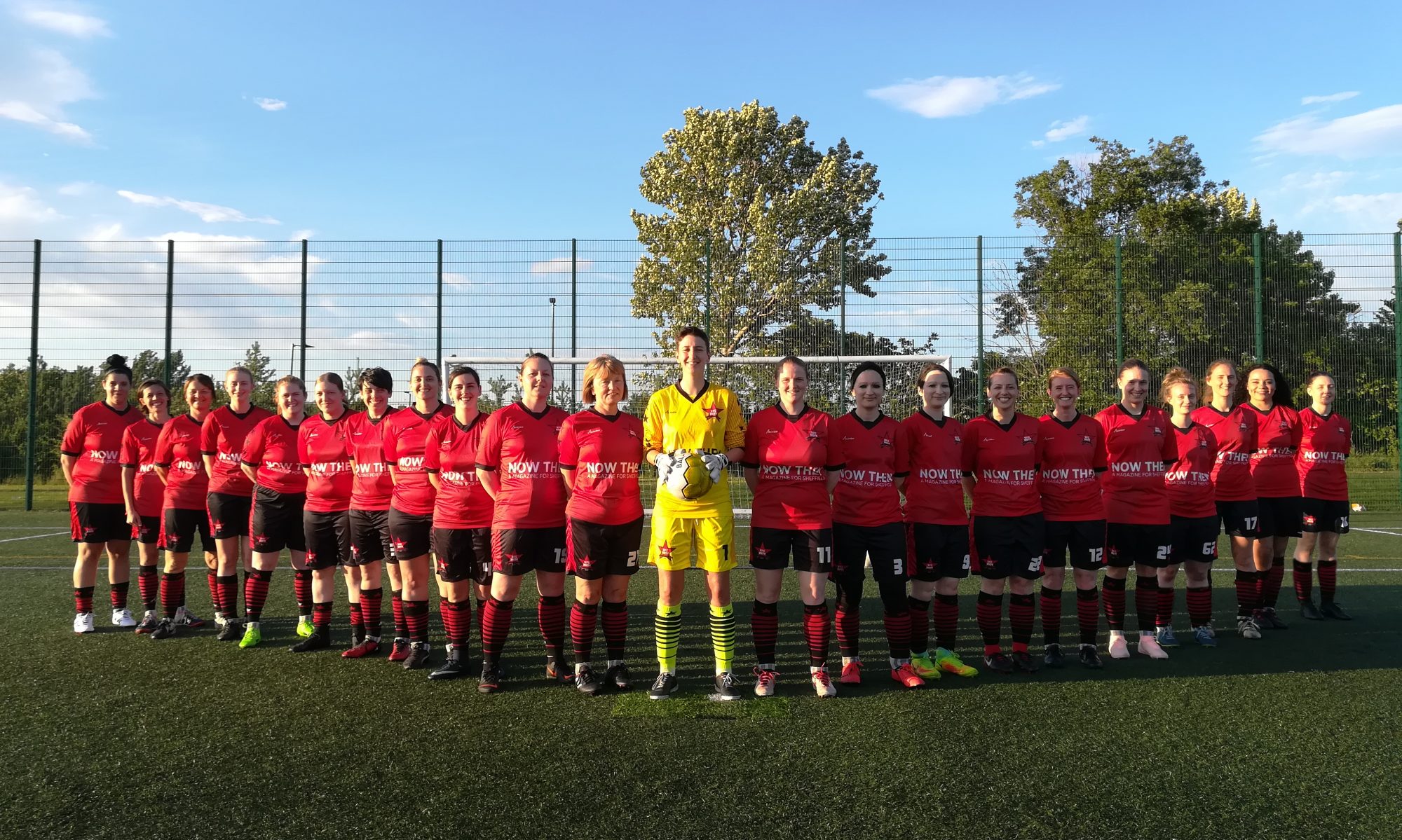
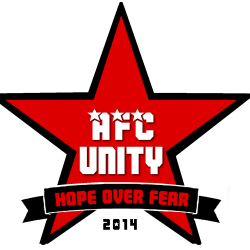
 As a grassroots, independent women’s football club and a legally incorporated non-profit organisation, AFC Unity rely on many forms of support through which we can increase our socially-driven activities.
As a grassroots, independent women’s football club and a legally incorporated non-profit organisation, AFC Unity rely on many forms of support through which we can increase our socially-driven activities. attend and vote at Awards Night, to 20% off CFM services as well! (And who knows when you might need those!) There will be other goodies too. But the really good news is, supporter membership has been reduced from £25 to £20 for the end of the season!
attend and vote at Awards Night, to 20% off CFM services as well! (And who knows when you might need those!) There will be other goodies too. But the really good news is, supporter membership has been reduced from £25 to £20 for the end of the season!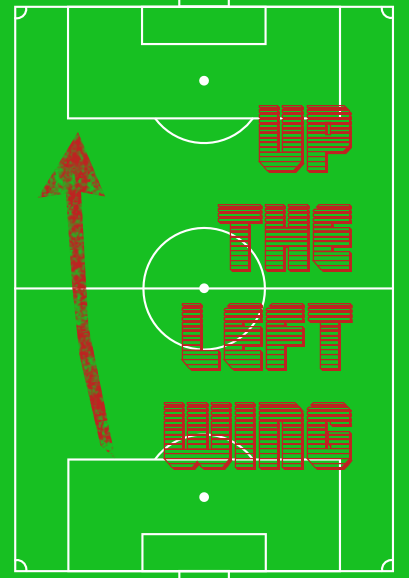 by Jay Baker
by Jay Baker
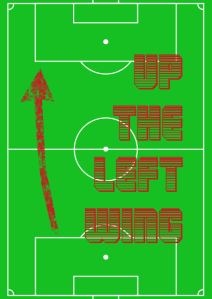 by Jay Baker
by Jay Baker